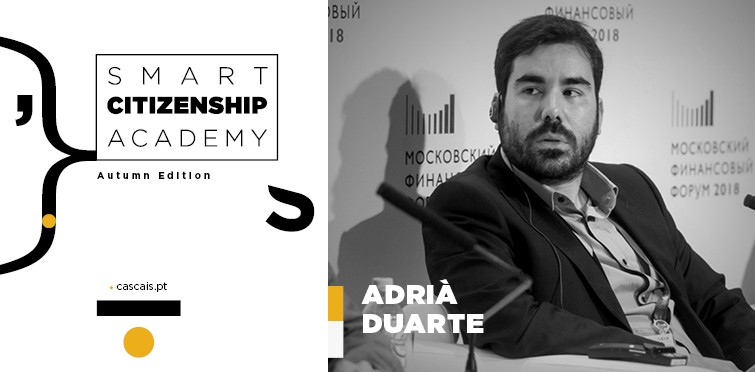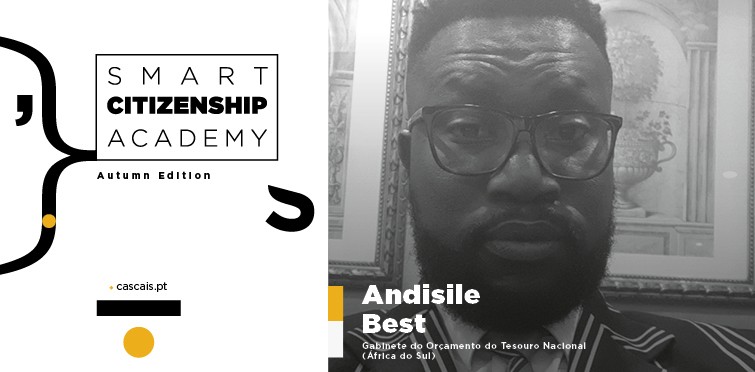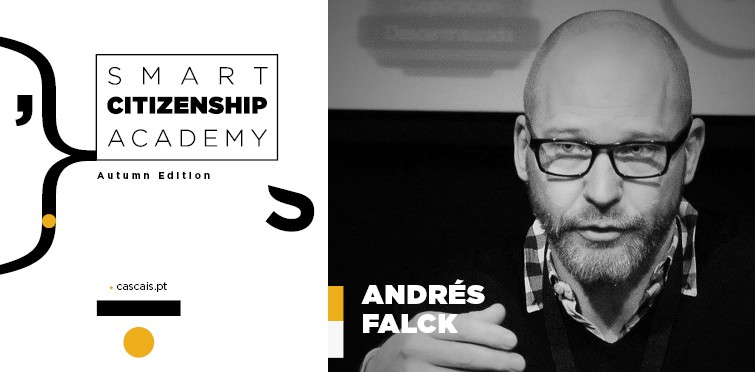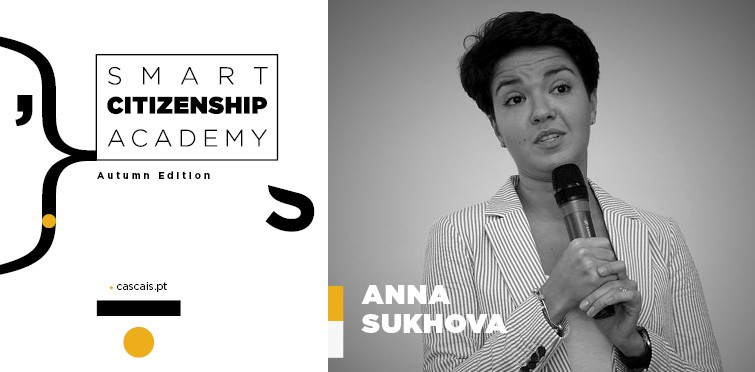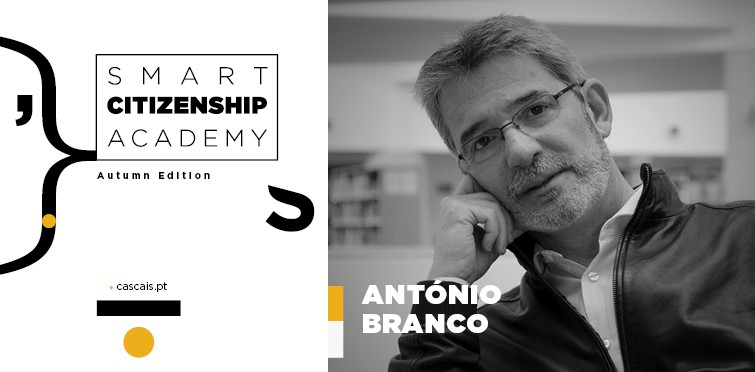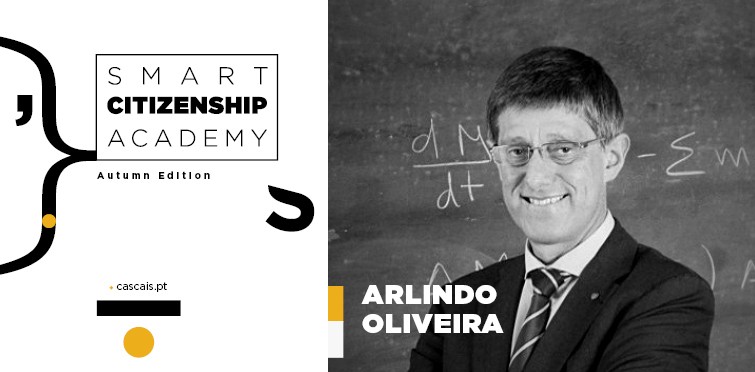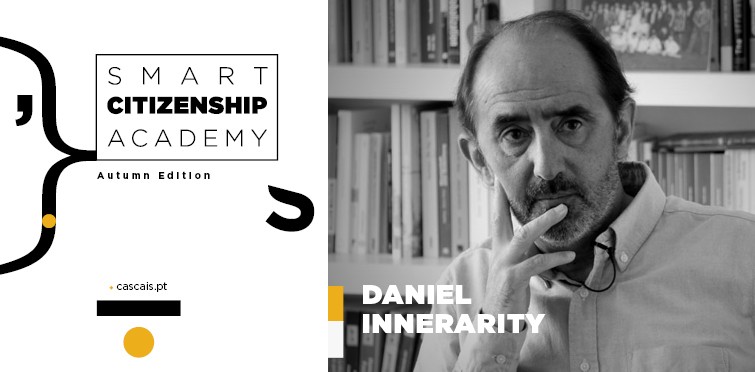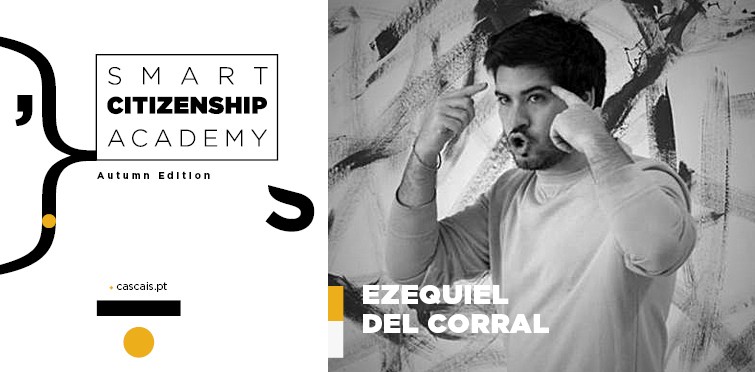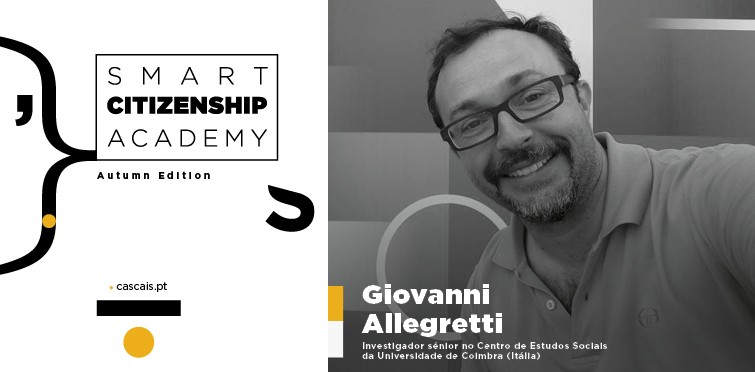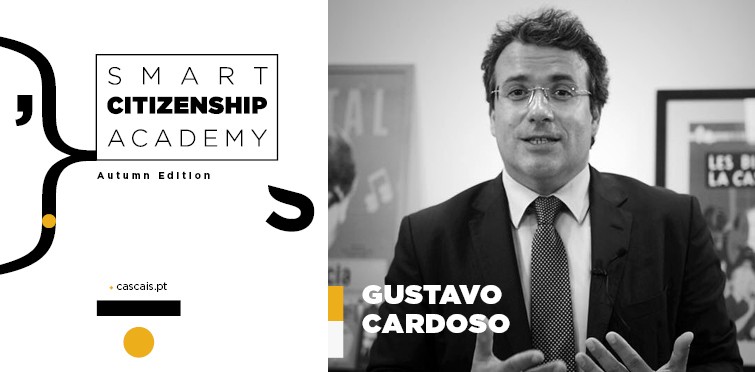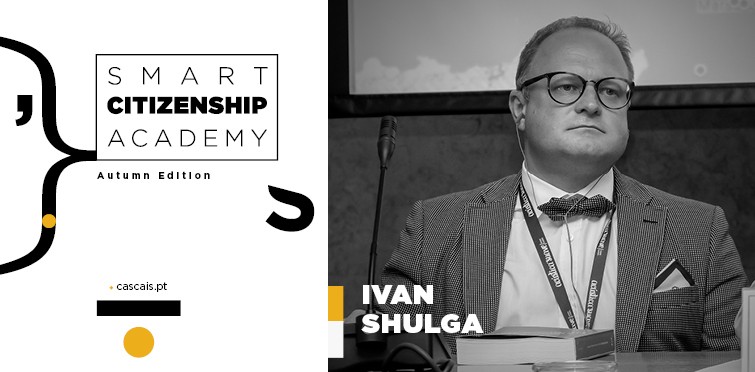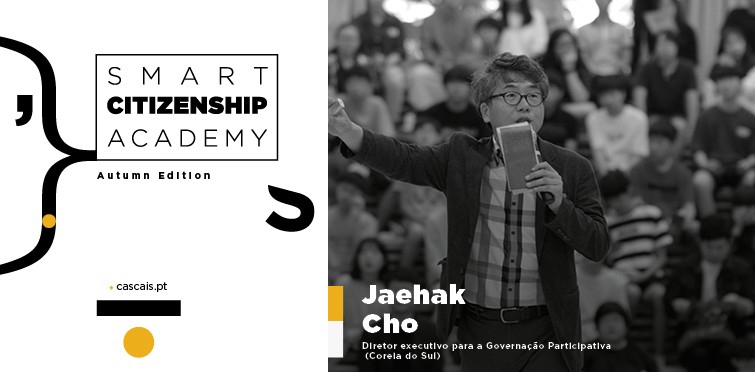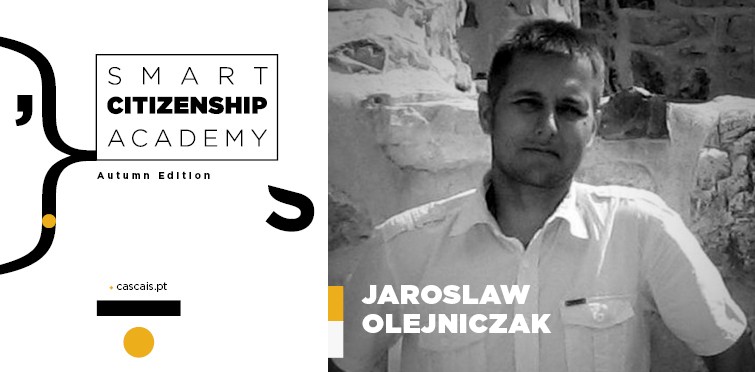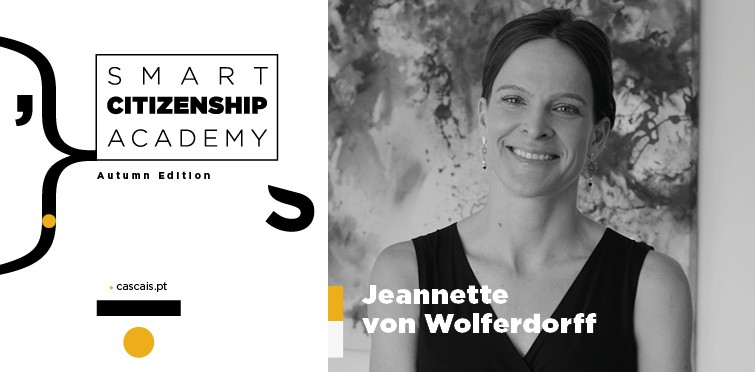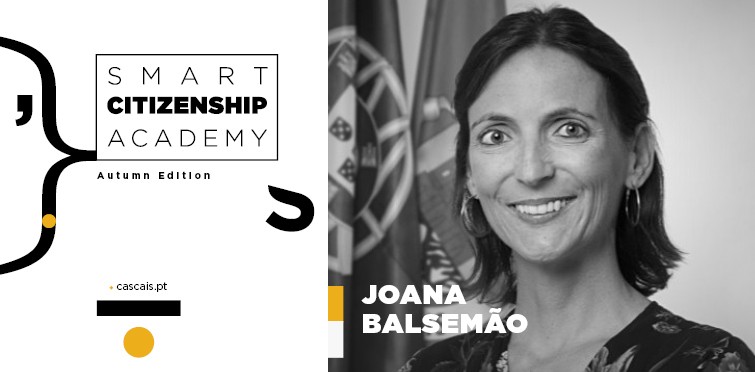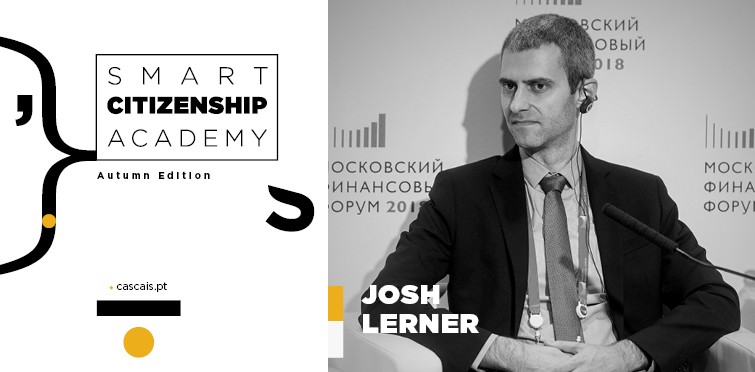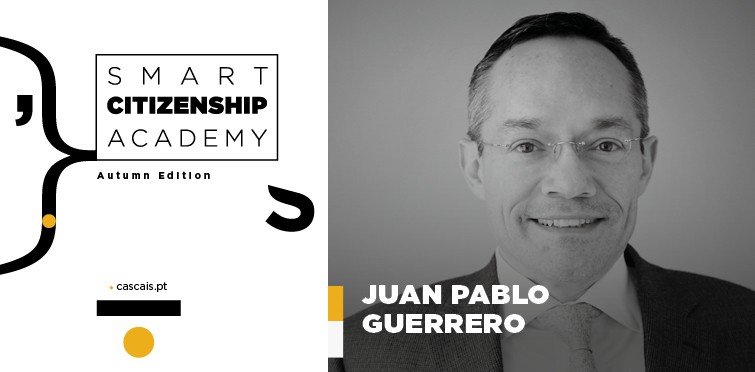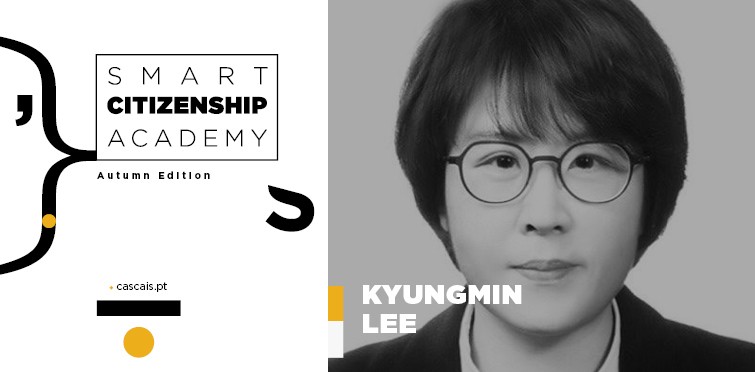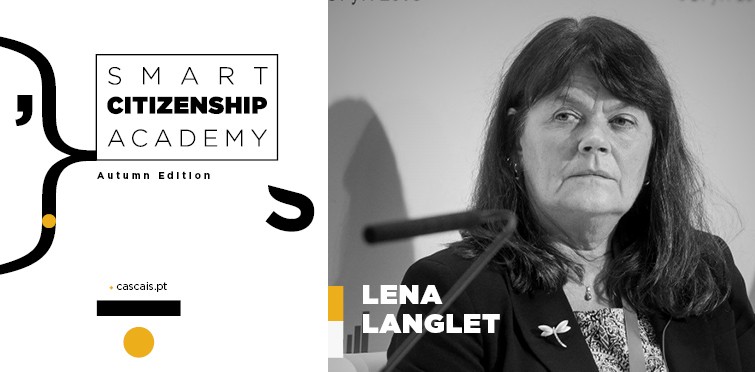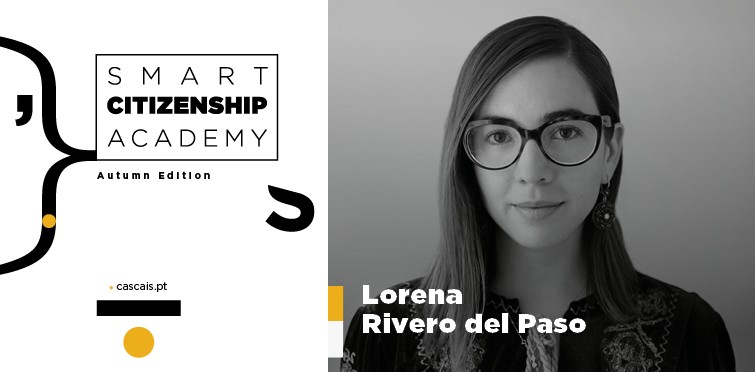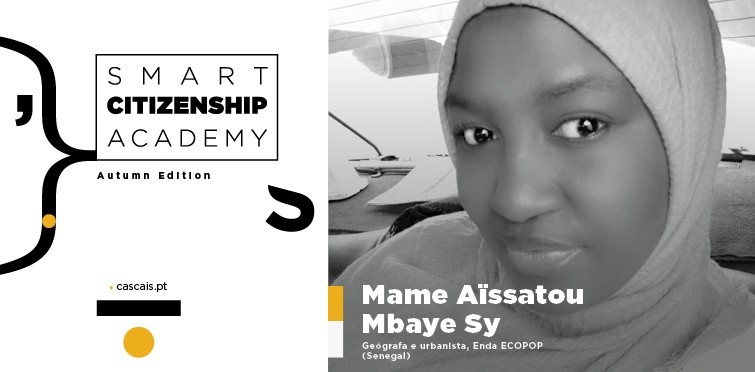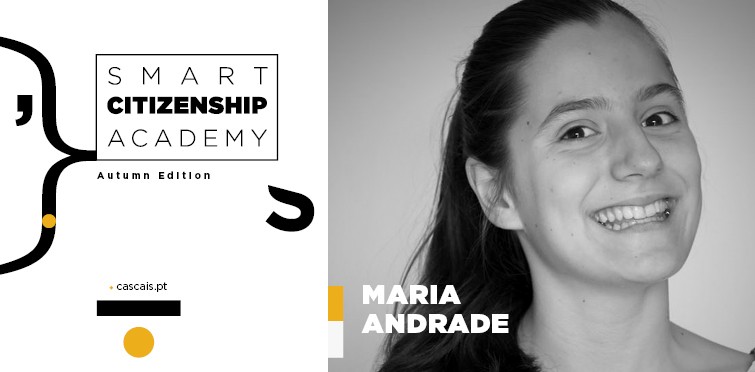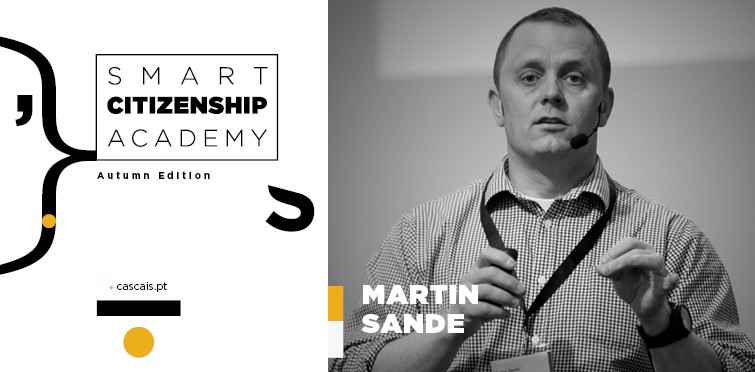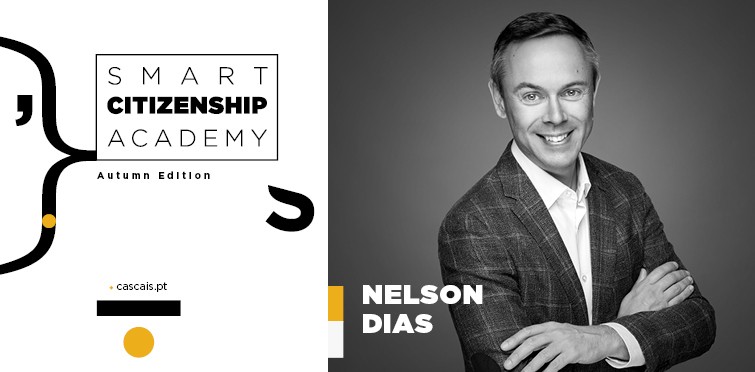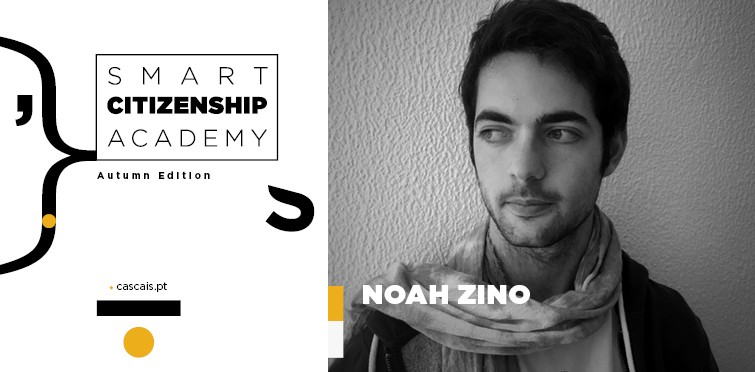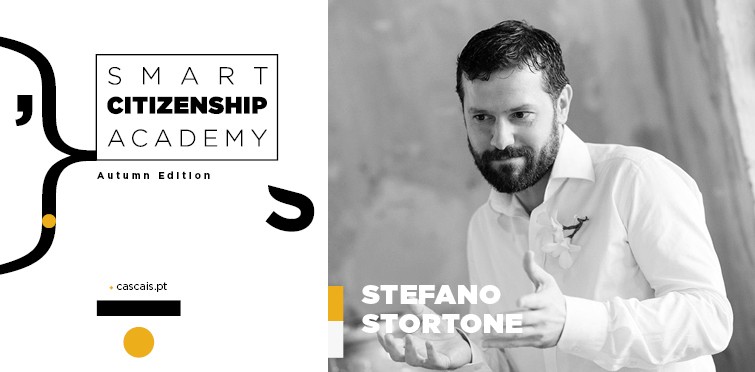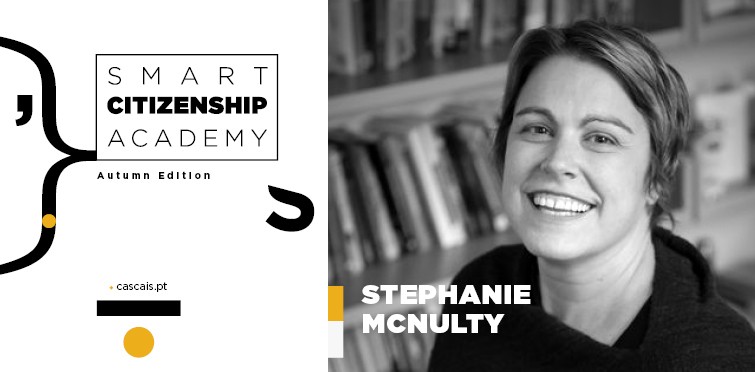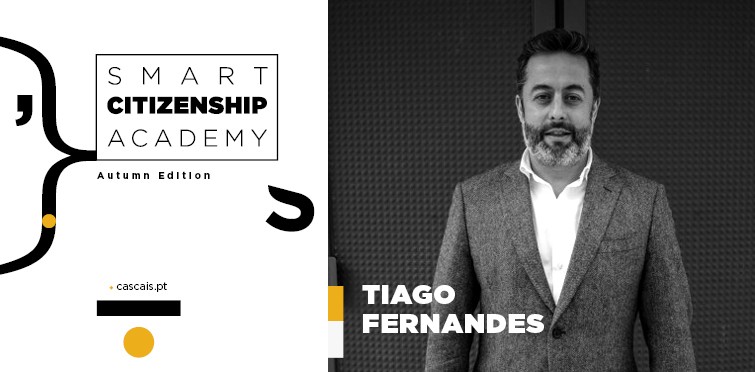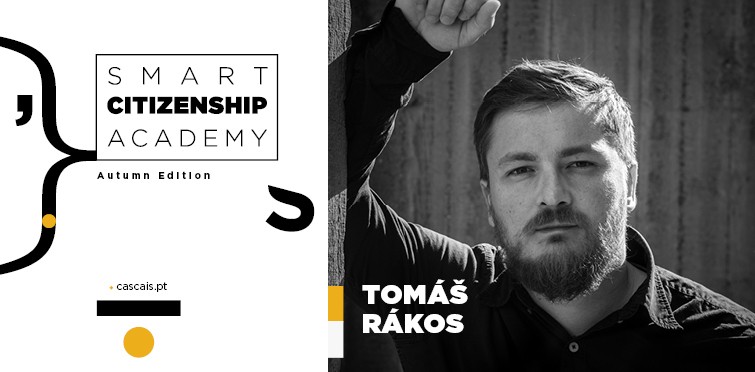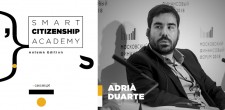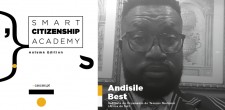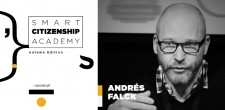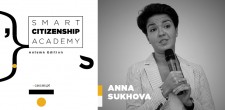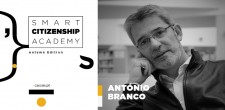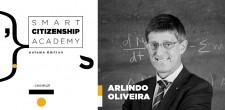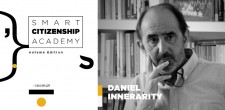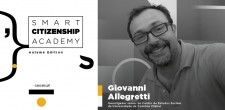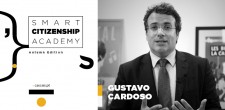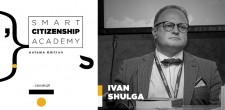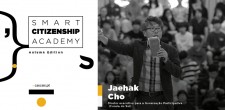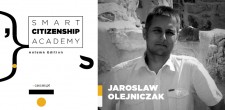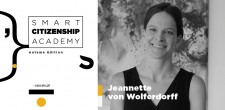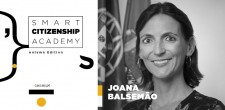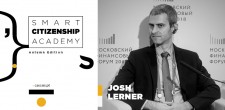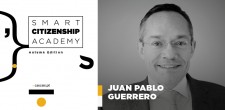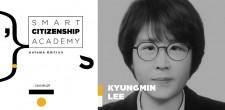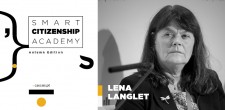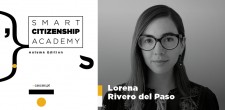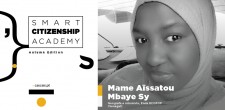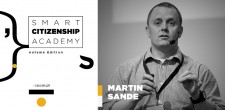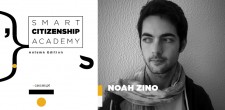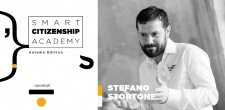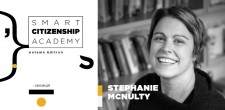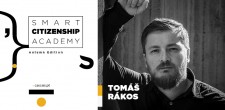Andisile Best
Andisile Best is a director leading South African reforms towards continuous improvement of transparency and participation in the Budget Office of National Treasury. He has over 17 years of management experience across strategic management, service delivery monitoring and management of stakeholder engagement in an automotive as well as public finance environments. His seven years of senior management experience at the subnational and national treasuries have focused on the coordination of the budget process, development of policies, management of budget systems and data management as well as leading transparency and citizen participatory reforms. He contributed in establishing and managing two university entities where he managed stakeholder relationships, sourced funding for students and managing the operations. Working together with imaliyethu.org.za, a coalition of civil society, he has been part of a newly established South Africa fiscal transparency portal vulekamali.gov.za that publishes easily accessible budget information for users to deepen transparency and broaden public participation in the budget process.
Adrià Duarte
He is a political scientist specialized in communication, diplomacy between cities, with experience in electoral campaign research, political advice, political strategy and participatory democracy. He is currently the Manager of the Technical Secretariat of the International Observatory for Participatory Democracy (OIDP), based in Barcelona. He deals with the coordination of observatory activities, research projects, management of international conferences, communication and other administrative aspects.
Andrés Falck
Geographer and consultant in participatory processes and local development. He chairs Coglobal, a Spanish non-profit organization that focuses on the establishment of inclusive and transparent relations between local communities and democratic institutions. Among other programs, he’s in charge of Agora Infantil, a children’s participatory democracy initiative. Falck has co-authored studies about children and youth participation for the National Autonomous University of Nicaragua – Managua and the International Observatory on Participatory Democracy.
Anna Sukhova
Anna Sukhova is Community Development and Social Protection Specialist in the World Bank. During the last 8 years she has worked on promotion of participatory budgeting in Russia and support of regional and municipal governments in design and implementation of Local Initiatives Support Program (LISP). Currently she is coordinating national and regional level activities aimed at developing participatory and community development practices in Russia.
António Branco
António Branco holds a degree in Languages and Literatures from the Faculty of Arts of the University of Lisbon (1989) and a PhD in Portuguese Literature (Medieval) from the Faculty of Human and Social Sciences of the University of the Algarve (1999), where he obtained the aggregate title of Arts in 2012. After teaching Portuguese and French in the third and secondary cycles of education in several public schools, he taught at the University of Macau (1990-1991) and at the University of Algarve (since 1991). He was a professional actor between 1979 and 1983, at Teatro do Mundo, an independent theatre group in Lisbon (founded by Manuela de Freitas, Jean-Pierre Tailhade, José Mário Branco and Fernanda Neves, among others, as a result of a split in the Comuna – Teatro de Pesquisa). In 2006, he founded the theatre group A Peste - Theatrical Research Association, in which he has maintained a regular activity as an actor, in the staging and directing of actors. At the University of Algarve, he held, among other positions, the President of the Board of Directors (2000-2003) and director (2009-2013) of the Faculty of Humanities and Social Sciences. He was also a member of the General Council (2009-2013). Most recently, he held the position of Rector (2013-2017). In the year 2017, he joined the evaluation panel of the FCT for the attribution of Doctorate Scholarships in the area of Educational Sciences.
Arlindo Oliveira
Arlindo Oliveira is a professor of the Department of Computer Science and Engineering of Instituto Superior Técnico (IST). He is presently the President of IST and member of its executive board. He has obtained a PhD from UC Berkeley in 1994, under a Fulbright fellowship, after a BSc and a MSc from IST, in 1986 and 1989, respectively. His major areas of interest are Algorithms and Complexity, Machine Learning, Bioinformatics and Digital Circuit Design. He has worked at CERN, Cadence Laboratories and INESC-ID. He is a member of the Portuguese Academy of Engineering and a senior member of IEEE.
Daniel Innerarity
Daniel Innerarity is Professor of Political and Social Philosophy, Ikerbasque researcher at the Basque Country Unversity and director of the Institute for Democratic Governance. Among his latest publications are The Humanity Threatened (with Javier Solana), The Future and Its Enemies, The New Public Space and The Invisible Society. He is a regular contributor with opinion articles to El País. The French magazine Le Nouvel Observateur has included him in a list of the 25 great thinkers of the world.
Ezequiel del Curral
Student and educator of Scholas Occurrentes, where I learned to know without knowing myself and knowing without knowing. So, perhaps, to introduce myself, I prefer to steal the words of the great Fernando Pessoa: "I am nothing. I'll never be anything. I can not want to be anything. Apart from that, I have in me all the dreams of the world."
Giovanni Allegretti
Architect, planner and senior researcher at the Centre of Social Studies of Coimbra University, is Visiting Fellow at the Witwatersrand University in Johannesburg and member of the Institute for Democracy and Democratization of Communication of the University of Minas Gerais, Brazil. For the mandate 2014-2019 he is co-chair of the Independent Authority for the Promotion of Participation in Tuscany (Italy).
Gustavo Cardoso
Gustavo Cardoso is an associate researcher at CIES, ISCTE-IUL and Professor of Technology and Society at ISCTE - Lisbon University Institute. He also works with the Department of Communications and Performance Studies of the University of Milan and with the Portuguese Catholic University. His international cooperation in European research networks brought him to work with IN3 (Internet Interdisciplinary Institute) in Barcelona, WIP (World Internet Project) at USC Annenberg, COST A20 "The Impact of the Internet in Mass Media" and COST 298 "Broadband Society". Between 1996 and 2006 he was adviser on Information Society and telecommunications policies to the Presidency of the Portuguese Republic and In 2008 was chosen by the World Economic Forum as a Young Global Leader. He is co-editor, with Manuel Castells, of the book Network Society: from Knowledge to Policy and Associate Editor at the peer-reviewed journals IJOC at USC Annenberg and IC&S at Routledge. He is a member of the evaluation panels of the European Research Council (ERC) and of the ESF (European Science Foundation).
Ivan Shulga
Ivan is a senior specialist in the Russia Country Office of the World Bank. Since 2016 he is a project leader of the joint Russia Ministry of Finance and the World Bank project on Strengthening Participatory (Initiative) Budgeting in Russia. Since 2007 Ivan has led dozens of the World Bank regional activities aimed at developing participatory practices and supporting local communities. Specifically, Ivan was a designer of the Russia Local Initiatives Support Program (LISP) that is currently implemented in over 20 Russia regions. Ivan holds PhD in Economics; he is a senior researcher in Lomonosov Moscow State University.
Jaehak Cho
As Executive Director for Participatory Governance, Mr. Jaehak Cho is in charge of participatory budgeting and governance at Eunpyeong District, Seoul. He hasworked as Chairman of the Council for Eunpyeong District Residents Participatory Budgeting for about 3 years, representing residents and playing a key role in developing participatory budget program into direct democracy and deliberative democracy. He worked as a civil activist for about 30 years since the 1980s when he threw himself into student movements against Korean military dictatorship. For the last 15 years, he has focused on lecturing, facilitating and research in such areas as participatory budgeting, residents' autonomy and governance, with a vision of promoting Korean society’s progress and advancing democracy in solidarity with the world through the change of local communities.
Jaroslaw Olejniczak
PhD in economics, assistant professor at the Finance Department at the Wroclaw University of Economics. Member of the Senate of the Wroclaw University of Economics. Expert in the field of public finances. Lecturer, certified trainer and consultant. Author of many scientific publications in the field of local government finances. Author of expert opinions and trainings for central government and local government administration. Member of the International Institute of Public Finance.
Jeannette von Wolferdorff
Executive Director of “Observatorio del Gasto Fiscal”, Observatory for Fiscal Spending in Chile, a civil society initiative for more transparent and efficient spending, that promotes a public accountability according to user’s needs. She is also Counselor of the Presidential Council of Modernization of the State. In addition, she is Director of the Santiago Securities Exchange, and Chairman of its Corporate Governance and Sustainability Committee. She promoted and co-founded the Transparency Index for Political Parties in Chile. About “Observatorio del Gasto Fiscal” | The Observatory seeks to facilitate greater citizen control of public funds through the use of open data, working especially with budget data and data of public procurement. Together with the Chilean Chapter of Transparency International, the Observatory also promotes actively a registry of final business owners (“Beneficial Ownership”), especially for companies that do business with the State, or that receive public subsidies.
Joana Balsemão
Joana Balsemão is City Councillor of Cascais, responsible for the areas of Environmental Qualification, Climate Change, Sustainable Development Objectives, Citizenship and Participation. She was a technical advisor at the Permanent Representation of Portugal to the European Union, responsible for negotiating legislative proposals related to environmental, climate and energy policy. Previous experience includes: Advisor in the Ministry of the Environment, with the responsibility of the international dossiers; Coordinator of Agenda 21 program at Cascais City Hall; Researcher at Instituto Superior Técnico, in the field of education for climate change; Energy technique at the Vale of White District Council in the UK, responsible for the awareness program and implementation of the Energy Poverty Strategy; Advisor at the Luso-American Development Foundation. She completed her Master's degree in Environmental Change and Management at Oxford University.
Josh Lerner
Josh Lerner is Executive Director of The Participatory Budgeting Project, a non-profit organization that empowers communities across North America to decide how to spend public money. Josh completed a PhD in Politics at the New School for Social Research and a Masters in Planning from the University of Toronto. For over a decade, he has developed, researched, and worked with dozens of community engagement programs in North America, Latin America, and Europe. He is the author of the book Making Democracy Fun: How Game Design Can Empower Citizens and Transform Politics (MIT Press), and his articles have appeared in The Christian Science Monitor, The National Civic Review, YES! Magazine, Shelterforce, and the Journal of Public Deliberation.
Juan Pablo Guerrero
Juan Pablo Guerrero is the Network Director of the Global Initiative on Fiscal Transparency (GIFT) since 2014, a multi-stakeholder action network to advance fiscal transparency, public participation and accountability in countries around the world. He was a founding Commissioner of the Federal Institute for Access to Information & Data Protection in Mexico (2002-2009), where he subsequently was the Secretary General (2013-14). Between 2009 and 2013, he was the manager of the Mentoring Governments Program at the International Budget Partnership (2009-13). Before 2003, he was a university professor at the CIDE (Center for Research & Teaching in Economics) in Mexico (1994-2003) specialized in public administration reform for accountability, anticorruption and fiscal transparency. He started his career as news reporter and correspondent in Washington & Paris, where he studied master and PhD programs in public policy (SAIS-Johns Hopkins University and Sciences-Po).
Kyungmin Lee
Kyungmin Lee is working on the Support Unit of Government Innovation as a Deputy Director for the Ministry of the Interior and Safety, South Korea. She studied urban governance and regional development focused on the local community-based participatory development strategies at Durham University in the UK. She has taught a number of courses on Participatory Democracy and Governance to the local government over the years.
She is also interested in government transformation through people's participation and cooperation. Kyungmin is currently working for the Korean government. Her major task is to create an online participatory deliberative process. The aim of this task is to tackle the government innovation issues and policy proposals.
Lena Langlet
Coming from a pedagogical background, Lena Langlet has for 25 year constantly been engaged in development and quality work and projects within the public sector; working in municipalities, the Ministry of Education and the Swedish Association of Local Authorities and Regions, SALAR. For the last six years she had been responsible for SALAR’s extensive participatory project “In Dialogue with Citizens”. This project today reaches out to 200 of the 290 Swedish municipalities and to all Swedish Regions and County Councils. The project includes cooperation with universities, municipalities and companies national and international. Earlier experience includes a post as political adviser to the Minister of Education, and adviser to the vice mayor responsible for education and culture in the City of Stockholm. Between 1999 and 2003, Lena Langlet worked in a number of quality projects within SALAR. She has also been working in development projects in the City of Stockholm, with quality monitoring and as head of different municipal departments.
Lorena Rivero
Manager for Technical Collaboration and Cooperation at the Global Initiative for Fiscal Transparency, Lorena Rivero is an economist and holds an MSc-LLM in Law and Economics by Bologna University, Hamburg University and the Indira Gandhi Institute for Development Research of India. As a Public Financial Management expert, she has worked in M&E of government performance, opening government and combating corruption, from government positions and as an international consultant. During her tenure as General Director of Performance Monitoring in the Ministry of Finance and Public Credit in Mexico, she coordinated the establishment of non-financial indicators, subnational governments' expenditures monitoring and fiscal transparency policies. Her experience also accounts for the design of the architecture for national planning including gender issues and linking the budget with the Sustainable Development Goals.
Mame Aïssatou Mbaye Sy
Mame Aïssatou Mbaye Sy is geographer and spatial planner, interested in issues of territorial governance (transparency, accountability, inclusion), citizen participation, local public policies, sustainable development (including the localization of the SDGs). She is particularly interested in participatory budgeting approaches and their contribution to the better financial health of local and regional authorities. She is from Senegal (West Africa) and lives in Dakar. She is currently working at Enda ECOPOP with Mr. Bachir Kanouté (Executive Coordinator) but before that worked on the evaluation aspects of USAID's
Maria Andrade
Born in 2004, Maria Andrade finished in 2019 the 9th grade in the Fernando Lopes-Graça Secondary School and the basic dance course at Ana Mangericão Dance Shool (EDAM), after an experience at Garfield Elementary School in Corvallis, United States (in 2013). Daughter of biologists (marine), since very young she is interested in this matters and supported guided tours to beaches, dunes and intertidal areas. Since 2016 she participates in citizenship projects promoted by the Cascais City Council, such as the Youth Participatory Budget, the Participatory Budget, the Forum of the Rights of Children and Youth, among others. In 2018 she was the winner of the 1st edition of the Fernanda Botelho literary contest youth prize from Cadaval City Council.
Martin Sande
Martin Sande is a senior facilitator who has been working for 25 years as a consultant, exploring and prototyping how to meet complex challenges with a focus on dialogue, co-creation and trust. He is an accomplished speaker and trainer of facilitation and dialogue design.
Nelson Dias
He is graduated in Sociology and has a Master in Planning and Evaluation for Development Processes from ISCTE. He is a consultant to the World Bank for the implementation of Participatory Budgeting (PB) in several municipalities and regions of Mozambique, Mexico and Russia. At the moment, he is also a consultant to the Portuguese Government for the implementation of the National Participatory Budgeting for Youth, as well as for different municipalities, for the implementation of PB and social and territorial planning processes. He has been a consultant for many municipalities in Portugal for the implementation of PB processes. He was a consultant to the United Nations and the Government of Cape Verde for the implementation of PB in four municipalities and the Federal Government of Brazil for the design of a National Strategy for the Development of Medium-sized Cities. He is the author of several publications, including the coordination of the two editions of the book “Hope for Democracy - Participatory Budgeting in the World".
Noah Zino
Born in Carcavelos, he is one of the organizers of the Student Climate Strike and is worried about the end of human civilization as we know it. He presents the point of view of millions of young people who went to the streets in protest for their lives.
Pilar Montero Vilar
She holds a PhD in Fine Arts from Universidad Complutense de Madrid, where she currently works as a teacher and researcher. She holds a Master's degree in Aesthetics and Art Theory from the Universidad Autónoma de Madrid.
She is director of Quality Management Systems (AENOR, 2014) and since then has been part of the Subcommittee on Standardisation 41 of the National Agency for Standardisation AENOR (Subcommittee 8 - Conservation, restoration and rehabilitation of buildings). She is also a member of the International Council of Museums ICOM. She has been an evaluator of the European Commission's Research Executive Agency since February 2019 and the Spanish Research Agency since 2017.
Since 2014 she has been the coordinator of the Emergency Collection Protection Plan of the Museum of the Reina Sofia National Art Centre (PROCOERS Plan) and, in 2018, she was appointed advisor to the Spanish Ministry of Culture and Sport in the Working Group for the implementation of Plans for the Safeguarding of Cultural Goods in Cultural Institutions. In 2019 she was chosen by drawing lots as a member of the Observatory of the City of Madrid.
Stefano Stortone
He is a civic activist, a researcher in politics and a social entrepreneur, whose main goal is to deepen democracy by reshaping it. To this end, he founded BiPart (www.bipart.it), a start-up company aimed at studying, promoting, designing and implementing innovative democratic processes in all kinds of communities, taking advantage of ICTs and strengthening social relations. He obtained a master's degree (2005) and a PhD (2010) in Politics from the Catholic University of Milan and a MA in Democratic Studies from the Leeds University (2010). From 2013 to 2018 he was a post-doc researcher at the Civic Informatics Laboratory (LIC) of the University of Milan, working for the EMPATIA project.
Stephanie McNulty
She is Associate Professor of Government at Franklin and Marshall College, is a Latin Americanist with expertise in participatory governance, gender, decentralization, and development. Her work has been published in Latin American Politics and Society, the Journal of Development Studies, Journal of Public Deliberation, among other scholarly outlets. She is the author of Voice and Vote: Decentralization and Participation in Post-Fujimori Peru (Stanford University Press, 2011), which explores the origin and implementation of a Peruvian decentralization reform that is considered to be one of the most participatory in Latin America. She has a Ph.D. in Political Science from The George Washington University and a M.A. in Political Science from New York University.
Tiago Fernandes
Tiago Fernandes is an assistant professor and director of the Department of Political Studies at the New University of Lisbon and coordinator of the Varieties of Democracy in Southern Europe project, funded by the Francisco Manuel dos Santos Foundation. He holds a PhD in Social and Political Sciences from the European University Institute in Florence, he was also a visiting scholar at the Universities of Princeton and Notre Dame (Kellogg Institute for International Studies). His most recent books are (co-authored) Late Neoliberalism and its Discontents: Comparing Crises and Movements in the European Periphery (Palgrave, 2016) and Memories and Movements. The Legacy of Democratic Transitions in Contemporary Anti-Austerity Protest (Oxford, 2018) and, as co-editor, the special issue Civil Society, Democracy, and Inequality: Cross-Regional Comparisons (1970s-2015), Comparative Politics (2017). He received the prizes for the internationalization of the social sciences (Calouste Gulbenkian Foundation) and for the best PhD thesis (Portuguese Association of Political Science).
Tomáš Rákos
Tomáš Rákos is public participation and community engagement expert who has worked on over 200 projects in such countries as US, UK, France, Tunisia, Colombia, India, Zambia, and the Czech Republic. Tom’s key expert areas include participation process design, stakeholder mapping and engagement, youth participation strategies, civic tech consulting, participatory budgeting, participatory urban planning, quantitative and qualitative data gathering and analysis, project and organization management, strategic planning for communities of various sizes, and capacity building. He led a team that for the past four years implemented digital voting solution for the NYCC Participatory Budgeting (PB) process. He is currently focusing on bringing participatory principles into smart city planning processes. Tom is frequent lecturer and trainer for audiences of mayors, city officials, participation practitioners, government institutions, urban planners, media and NGO workers. He is a founder of the Participation Factory. He is based in Prague, Czech Republic.
